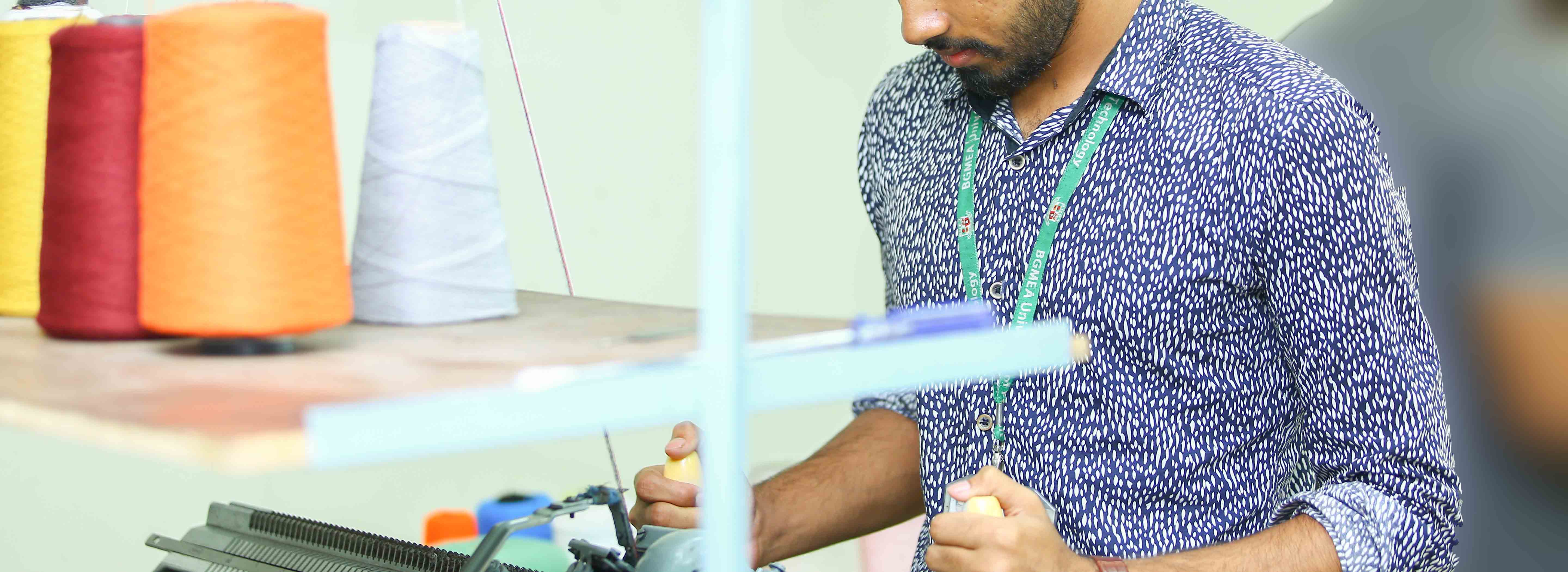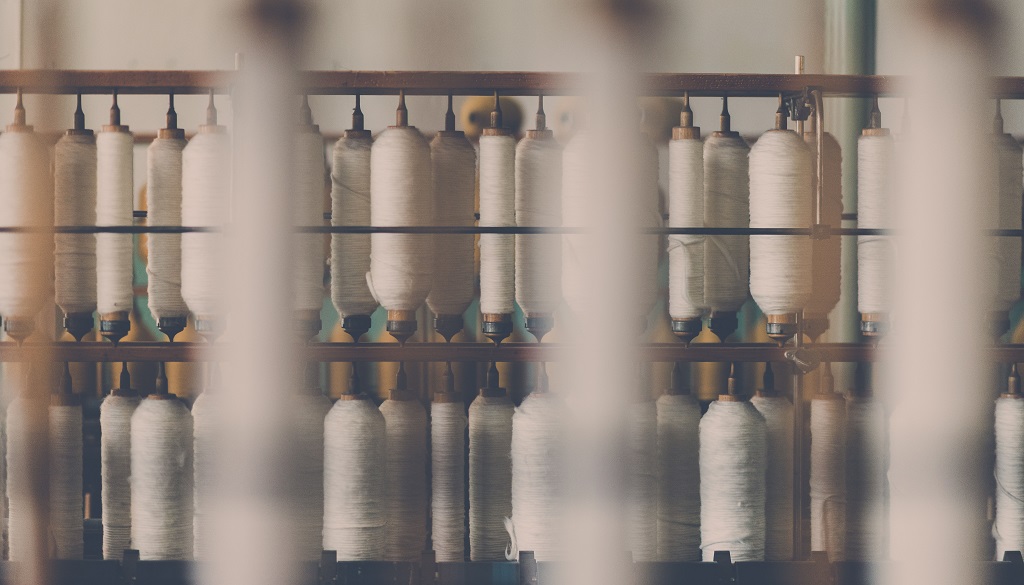
Department of
Textile Engineering & Management (TEM)
Textile industry is a rapidly growing sector of the Bangladeshi economy, offers a unique competitive edge that supports profitable expansion into new strategic markets. From spinning to weaving, from knitwear to leisurewear and high street fashions, the textiles and clothing industry is Bangladesh’s biggest export earning sector.
The department of Textile Engineering and Management, one of the most emerging textile branches, has launched undergraduate program as a response to the escalating demand of devoted professionals in the arena of textile production, textile design, textile goods & machinery merchandising. The program is constructed to develop a strong technically sound textile engineer with quintessential managerial skills that provide a strong base of his future engineering career. The program is flexible enough to tailor the specific career goals of individuals according to the industrial need.
Vision of the department
Mission Statement
M 1: To provide meticulous and combined knowledge of textile manufacturing processes and business management in a way that the graduates can contribute to system efficiency and optimization.
M 2: Impart problem solving and innovative mindset among the students to seek and utilize the opportunities to improve continuously in every aspect.
Programs of Study
The department of Textile Engineering and Management which operates under the faculty of textile engineering of BUFT offers an undergraduate program leading to Bachelor of Science in Textile Engineering & Management degree. The program focuses on marketing research and management applied to the products and services textile industries. Includes instruction in applicable principles of textile and apparel design and manufacturing, sales and distribution systems, domestic and international market research, profitability, consumer research, and the design and implementation of marketing campaigns. In this program students will be equipped with the technical knowledge in the fields of textile engineering as well as master the techniques of their management.
The study area in textile engineering delivers fundamental knowledge and insights extending from material design theory via textile manufacturing, textile processing, finishing technologies through quality management and quality assessment of textile materials. Students acquire a particular knowledge of the relevant technologies used in fiber production and processing, yarn manufacturing engineering, weaving, knitting, narrow fabrics, wet processing engineering, finishing and technical textiles
Subjects Taught
Category wise courses and credits summary
| Sl. No | Description | Total Credit | Total Credit Percentage |
|---|---|---|---|
| 1 | Basic Science | 25 | 15.34% |
| 2 | Social Science and Humanities | 22 | 13.50% |
| 3 | Interdisciplinary Engineering Courses | 09 | 5.52% |
| 4 | Textile Engineering | 53 | 32.52% |
| 5 | Textile Management | 45 | 27.61% |
| 6 | Industrial Attachment | 03 | 1.84% |
| 7 | Project and Thesis | 03 | 1.84% |
| 8 | Comprehensive Viva | 03 | 1.84% |
| Total | 163 | 100% | |
Scope of Textile Engineering & Management
Many career opportunities are present for students interested in working with textiles, and because of the broad nature of the field, there is opportunity for movement within the industry during a lifelong career. Opportunities for employment in textile engineering & management can be pursued with retailers, manufacturers, market research firms and product information venues. Employment opportunities in Textile Management include:
- Plant or Corporate Management
- Textile Goods, Machinery Merchandising and Management
- Technical Sales
- Industrial Engineering
- Product Development & Management
- Marketing
- Customer Relations
- Human Resources
- Cost and Inventory Control
- Project Management in RMG & Textile Industry

